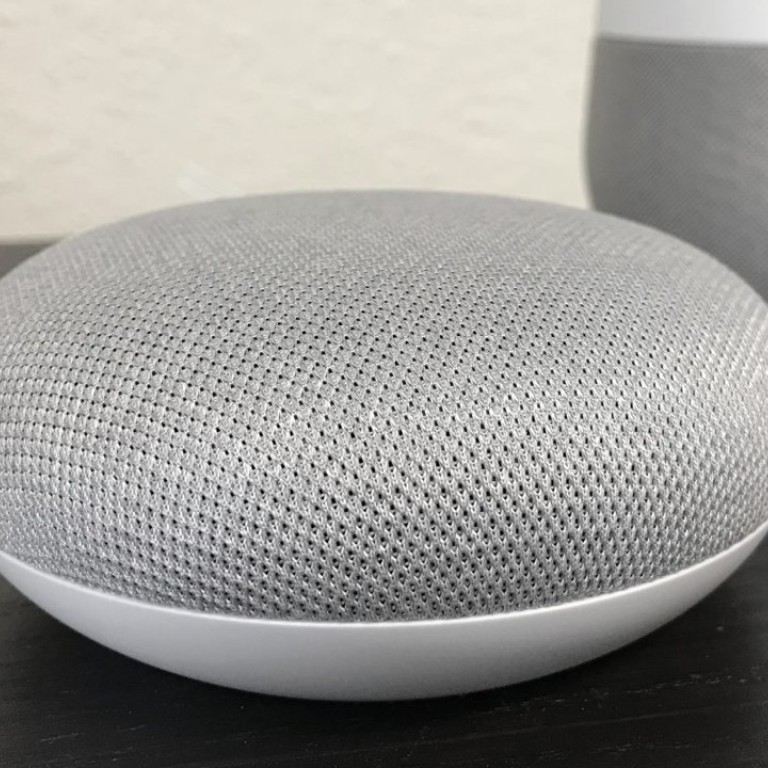
Google Home Mini review: cheap smart speaker with clever home hub functions could be a winner
Costing just US$49, the Google Home Mini feels like a total home hub in its own right and does a good job showing off Google’s software smarts, though there are a few compromises
Not content with being dominant online, Google is pushing into your home – with a line of smart devices and speakers that it hopes will grace your shelves and coffee tables very soon.
The company handed out the smallest member of its speaker “home hub” line, the Google Home Mini, to everyone who attended its recent launch event. These are my thoughts after a few days with it.
Design and hardware
First things first: the main selling point for the Google Home Mini is its price. As the speaker itself will tell you – if you ask – it costs just US$49. If you are looking for an easy way into having a smart home, the Google Home Mini is the cheapest way to do that.
Amazon and Apple beware: smart speakers star at IFA 2017 to rival Echo and HomePod
Yet it does not feel cheap. It feels like a total home hub in its own right – though with a few compromises.
In truth, if you have a Google Home, you pretty much know how the Google Home Mini works. If you don’t, it is easy enough to figure out. Once you download the related app onto your phone, it sets itself up and teaches you how to use it to ask for information, set timers and control whatever other smart devices you may have about.
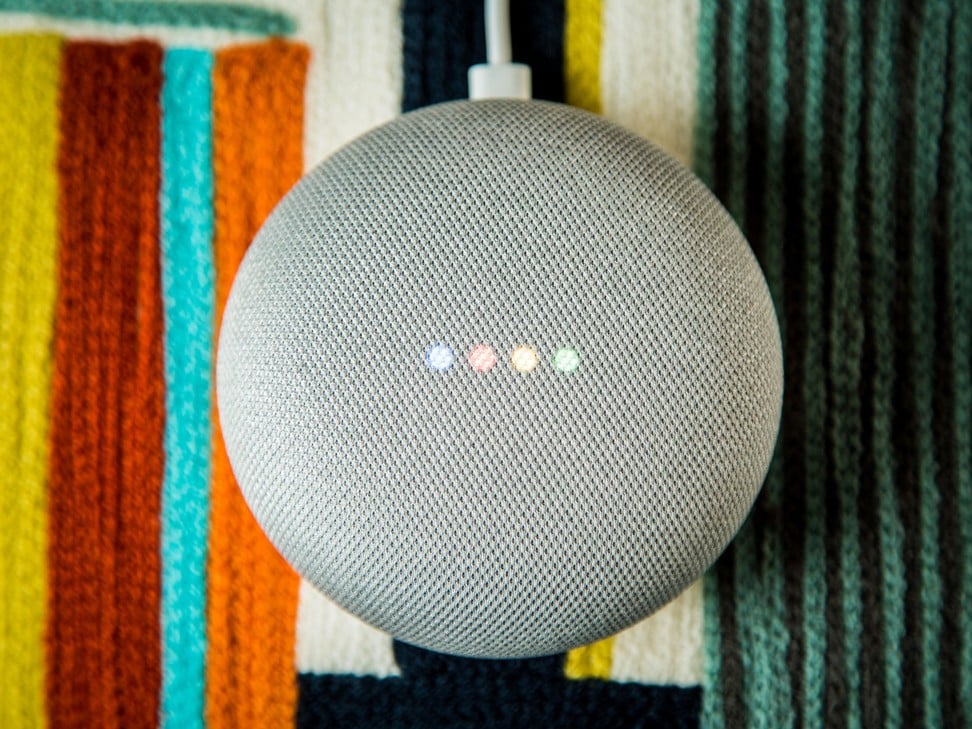
It is simple, and that’s good. It also keeps a low profile; it is much smaller than the Google Home, not even clearing the base of its older sibling. The Mini has just enough switches and indicators to function, and very little else.
Performance
If you are looking to put multiple home hubs in your house – maybe one in the kitchen and one on the nightstand – that is when the Google Home Mini really comes into its own. Like the Echo Dot, the Home Mini is an appealing way to make your smart-home features available in more rooms, particularly at that US$50 price.
For example: I have a Google Home. It sits in my bedroom and has the main function of controlling my bedroom lights and playing podcasts or music to put me to sleep. But placing it at my bedside meant that I had to choose not to put it in my living room, where I wanted to use it to control my Chromecast and television. With the Mini as a sort of satellite hub in the living room, I can now do both.
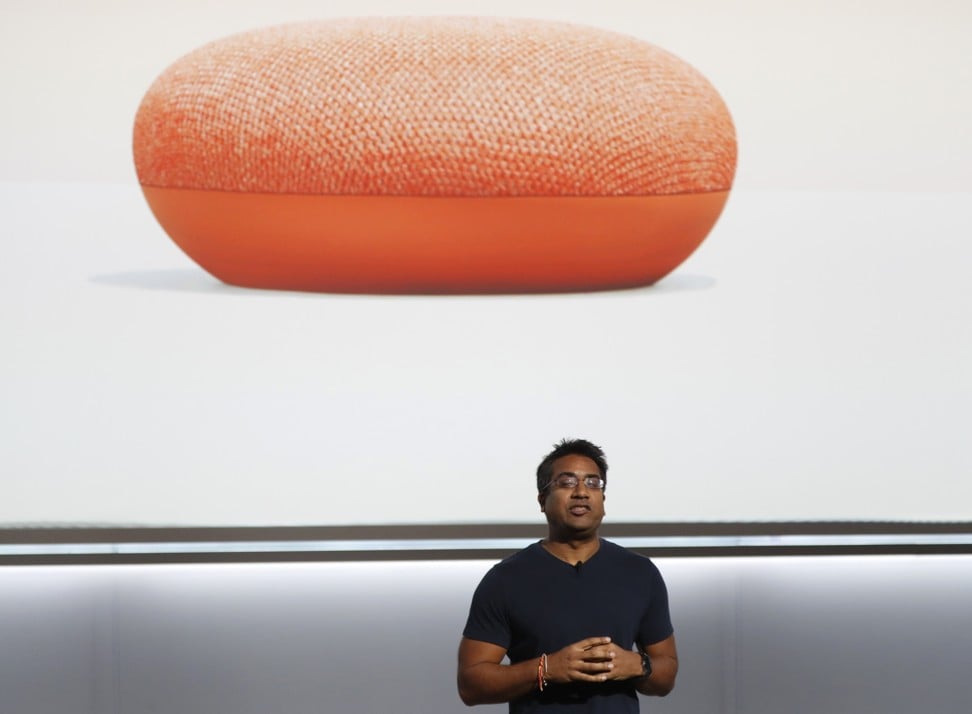
As a stand-alone speaker, the Google Home Mini is decent – though certainly not something to recommend to an audiophile. It is best for background music while you work or do chores, not for serious music appreciation, such as when you really want to hear the warmth of the clarinets in a piece of classical music. To be honest, the Google Home is not the world’s best speaker either, but the Mini is noticeably less so.
Chinese developers pile in for the Next Big Thing in tech: voice-activated smart speakers
But the Home Mini can hear your commands, even when its volume is cranked high – making it better than some smart speakers that cannot always hear you over the noise that they are generating.
If you have to adjust the volume by touching the speaker instead of using your voice, you can do so with easy taps on the speaker’s ends.
You can also group the Google Home and Google Home Mini together so that they can, for example, play the same song at the same time. That comes in handy if you are moving from room to room while vacuuming or folding and putting away laundry. You never have to miss a note or word of a podcast, and don’t have to spend a lot on a smart speaker system to get that feature. It is a little creature comfort, but still a nice one.
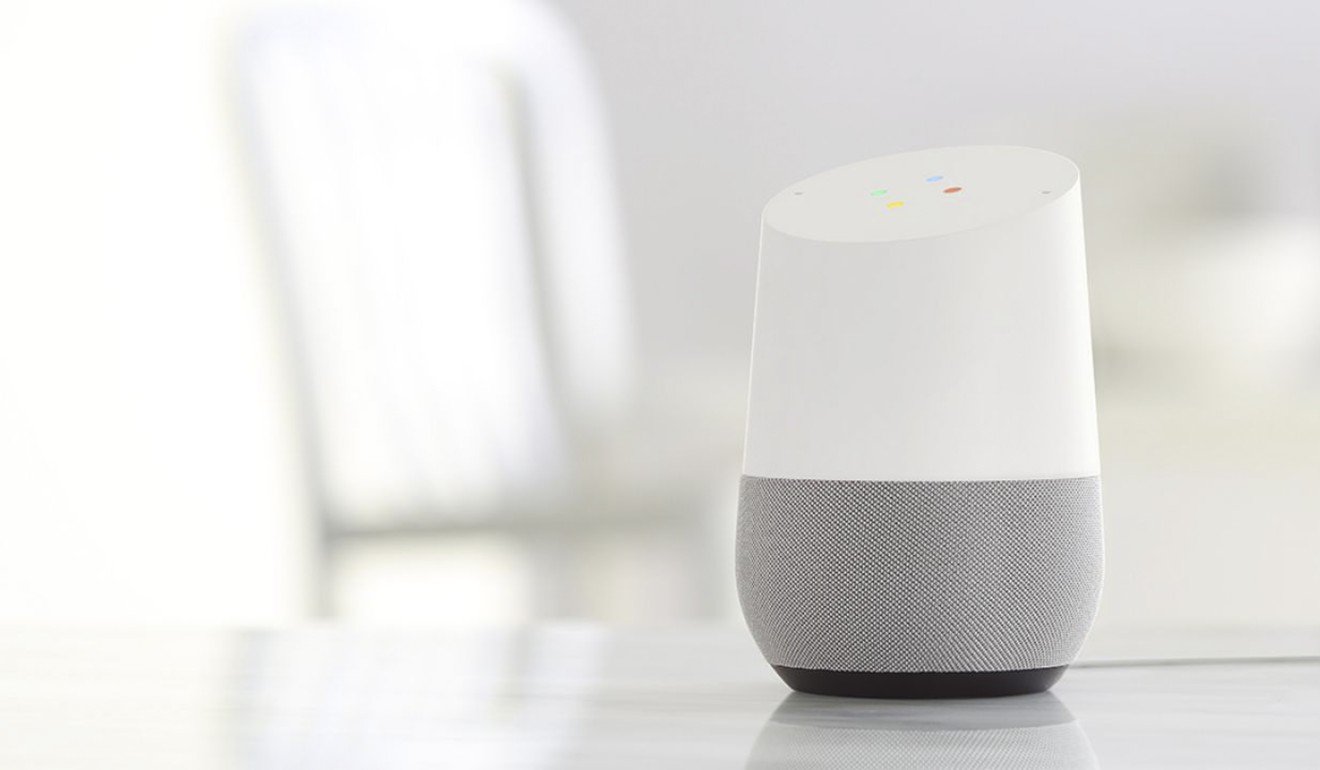
Of course, adding a Mini – either as a primary or secondary hub – also means allowing Google more access into your home.
Software and features
The Mini, like the Google Home, is always listening for its trigger phrases: “OK, Google” or “Hey, Google.” That, understandably, can be a bit disconcerting, particularly if you are putting these devices in your bedroom or the bathroom. Just as with the Home, however, the Mini has a mute function, which will shut off the microphone. If ever you want to, you can flip that mute switch.
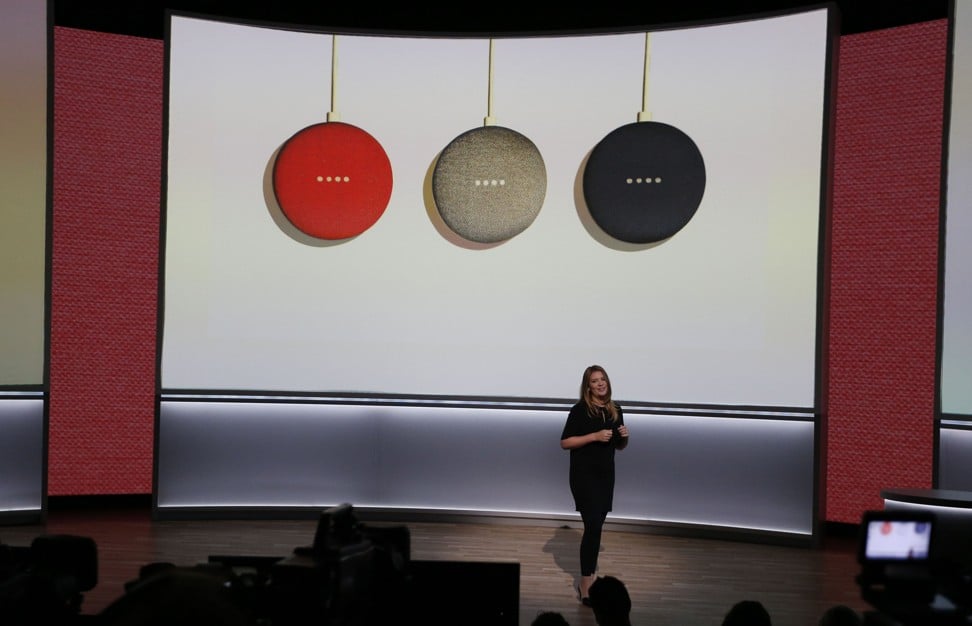
Google Home Mini has all the new features coming to Google Home as well, including the ability to make hands-free calls through the speaker using your smartphone. So, if you are wrist-deep in bread dough and need to call your spouse for some extra ingredients, you can do that, and it can show up as a call from your own number. If you lose your phone, you can also ask Google Home to call it for you. On Android devices, it will even ring if your phone is muted (it cannot override a mute setting on the iPhone).
How ‘smart’ speakers and facilities could change China’s hotel industry for good
You can also use Google’s search engine as a sort of phone directory, to call the “nearest florist” and so on. But I have not found that feature too useful yet, if only because the nearest store is not always the best one. Still, it is a promising feature, and shows off how Google is cleverly developing these devices.
Conclusion
Google knows this is a crowded space and with the Google Home Mini is putting its software smarts front and centre to stand out. So while Amazon may have a wider spread of products and Apple may pursue hardware excellence, Google’s focus is on function. So far, it is working.
